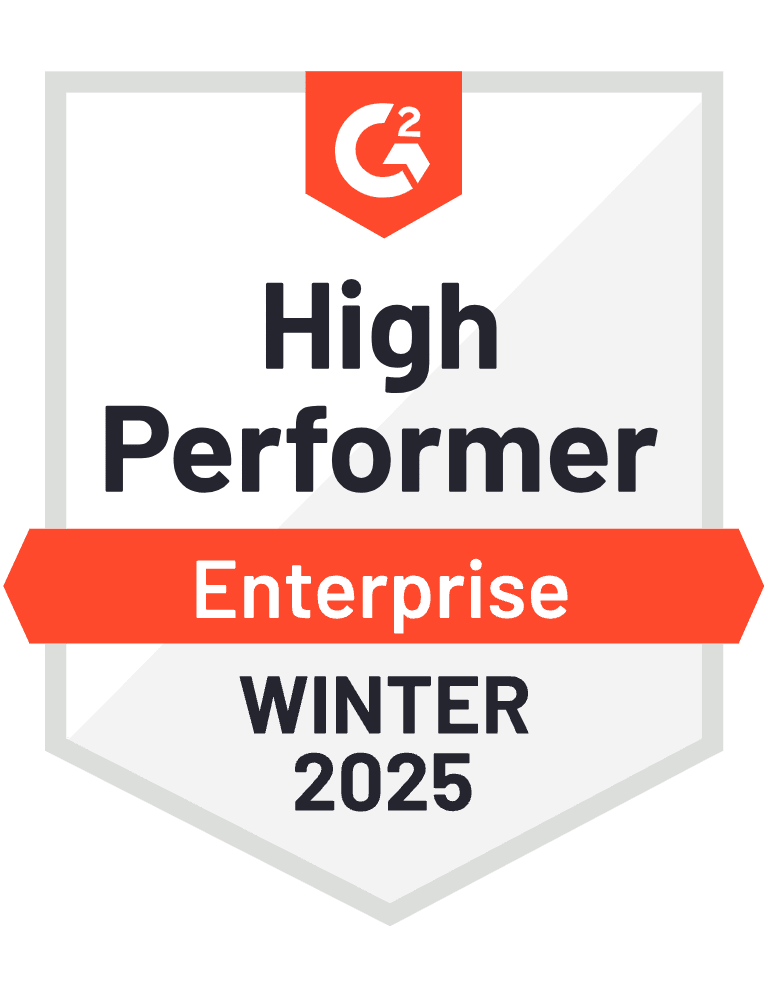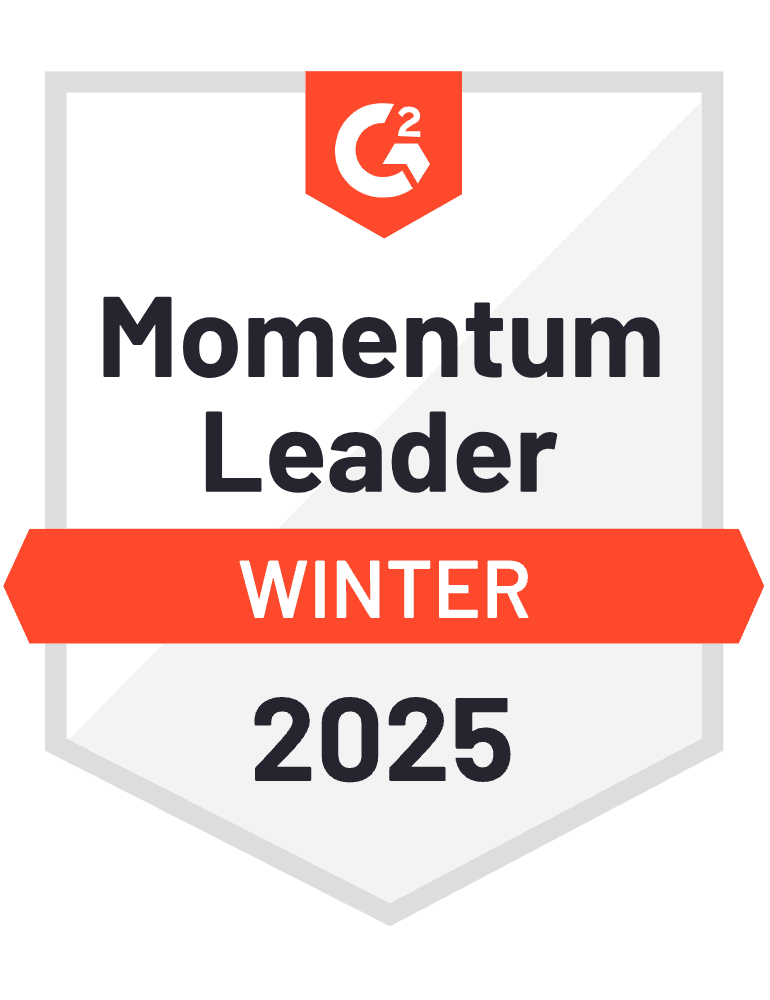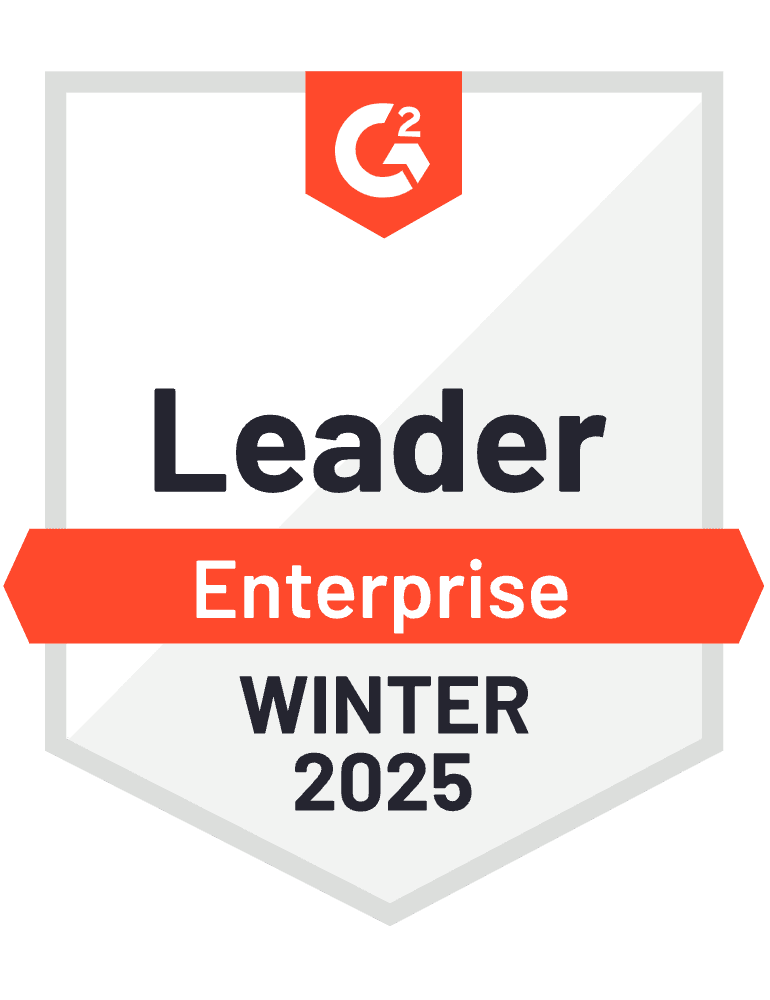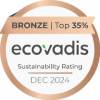Let’s open up this chat with a hard truth: you already bring your whole self to work. I know that in the current workplace wellbeing landscape there is a lot of talk about making it safe to bring your whole self to work, but I propose we should be working to bring our best selves to work.
Stay with me here.
You can’t just turn off your subconscious when you start the work day and so much of what makes you, YOU, sits in your subconscious. All that stuff you haven’t let come to the surface yet shows up in your relationships with, well, basically any human you interact with – in all situations – and that includes yourself!
And all of this has an impact on your and the company’s productivity, efficiency, product design, business model, culture, and bottom line – positive or negative.
Real life has served us a pretty epic case study of what happens when unresolved personal stuff creeps into your work – and you don’t have wellbeing support in place – with the ongoing Elon Musk/Twitter saga.
But what could have been done to prevent this drama on a grand scale?
And what can you do to make sure that you don’t fall into the same (albeit likely on a smaller scale) canyon as Mr. Musk – especially as we all navigate increasing levels of uncertainty?
Short answer: cultivate relational intelligence. So, what is relational intelligence (RQ) exactly?
So, what is relational intelligence (RQ) exactly?
RQ skills help you adjust your approach to make all human interactions more effective. Think self awareness, capacity to relate to others, cognitive accuracy, emotional regulation, and empathy.
I want you to close your eyes and imagine how things might be different if Elon Musk had the support and tools in his toolkit to catch himself and emotionally self-regulate right now?
What decisions might he make if he had an active practice of using RQ skills to gain visibility into the motives, conflicts and strengths of any group of people?
Could he catch himself and proactively bridge the gap between his current whole self and his best self – doing some serious good with all that genius?
Perhaps more relevant for your lived experience, an active practice of exercises designed to develop RQ skills could help you:
- Set and achieve goals consistently and faster than ever before
- Increase time freedom through collaboration
- Improve feelings of joy in all life areas
- Move through challenges and setbacks with your inner peace intact
- Foster healthier personal and professional relationships
Make your candidate database work for you and create experiences that convert. Meet MOJO Talent Engage CRM.Struggling to Build Meaningful Relationships with Candidates, Across Channels?
While in my experience it takes 12 weeks or more for true behavioral change to occur, there are things you can take action on right now to start making richer decisions in your life, like:
- Getting clear on your values (ideally, a short list of three)
- Concern mapping for each life area (most break it down to between 10-12 life areas)
- Setting SMART goals for the areas of your life that need the most attention right now (have the highest concern score)
- Introducing relationship health as a KPI for quarterly planning and reviews
If any of the above sounds like a positive shift for you, then perhaps it’s time to start cultivating some RQ.
Ashlie is the CEO and Founder of Humane Startup, a startup focused coaching and consulting company. She has been a part of three start-up firms, so when she says she’s seen it all, she really means it.
She’s a mum, wife and proud neurodivergent with over 15 years in sales and startup executive roles. She is also an accredited psychotherapist and certified complementary medicine practitioner for several modalities, including reiki and sonic therapy.
She loves to be busy, and at the same time enjoys the simpler things in life.
These days she’s living in service of her mission: to help lonely leaders make the strong strategic decisions necessary for humanity to usher in the change so urgently needed in the world by supporting their mental health.














